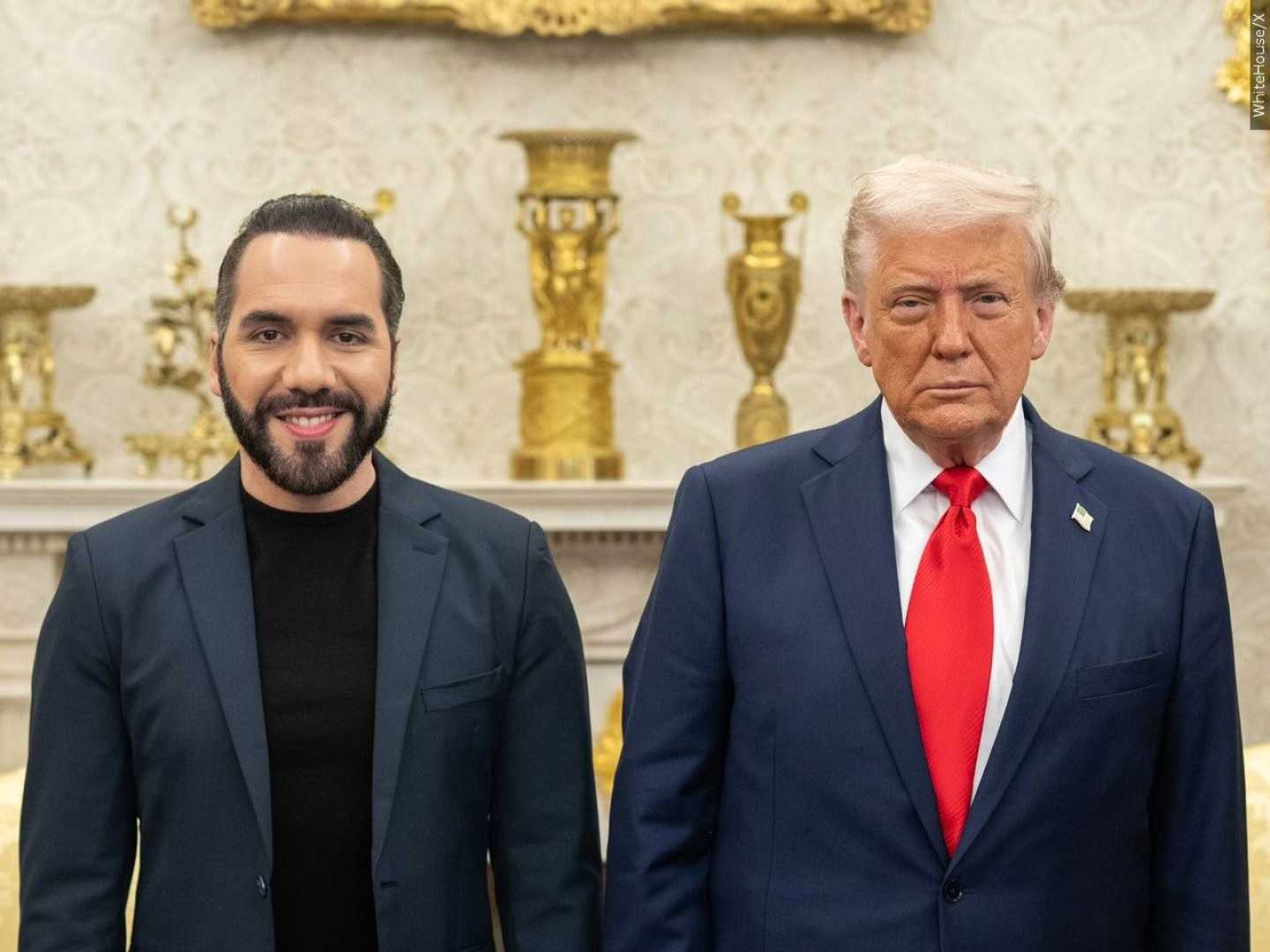World
Bukele Proposes Prisoner Swap with Venezuela Amid Controversy

SAN SALVADOR, El Salvador — Salvadoran President Nayib Bukele proposed a controversial prisoner swap with Venezuela on Sunday, suggesting he would exchange Venezuelan deportees his government has held in custody for what he described as ‘political prisoners’ imprisoned by the Venezuelan government. This proposition comes in the wake of escalating tensions between the two nations over human rights issues.
In a post on the social media platform X, Bukele directed his proposal to Venezuelan President Nicolás Maduro, stating, ‘The only reason they are imprisoned is for having opposed you and your electoral fraud.’ He called for a humanitarian agreement that would facilitate the repatriation of all 252 Venezuelans deported to El Salvador, in exchange for an equal number of detainees in Venezuela.
Among the individuals Bukele mentioned were family members of high-profile opposition figures and activists who were detained amid Maduro’s crackdown on dissent during the country’s tumultuous electoral processes last year. Bukele’s post specifically highlighted individuals such as the son-in-law of former presidential candidate Edmundo González and the mother of opposition leader María Corina Machado, whose home is reported to have been under police siege.
Bukele announced plans to instruct El Salvador’s Foreign Ministry to initiate formal discussions with the Maduro administration. However, the Venezuelan government had not responded to the proposal as of Sunday evening.
This development arrives as El Salvador faces scrutiny from the international community for its treatment of deportees. Many have been accused of gang affiliations by the Trump administration, which has provided funding for their detention in a facility known as the Terrorism Confinement Center (CECOT). These individuals have been subject to harsh conditions and controversial law enforcement actions, raising alarm among human rights advocates.
Criticism intensified following revelations that a Maryland resident, Kilmar Abrego Garcia, who is married to a U.S. citizen, was among those deported. Legal battles are ongoing regarding the possibility of his return to the United States.
Salvadoran Archbishop José Luis Escobar Alas urged Bukele to reconsider his stance, warning against transforming El Salvador into a ‘big international prison.’ Despite the backlash, Bukele defended his policies, asserting that those detained are part of efforts to combat gangs such as the Tren de Aragua.
Venezuela’s chief prosecutor, Tarek William Saab, countered Bukele’s proposal, labeling it ‘cynical.’ He demanded clarification on the legal standing of the Venezuelan detainees, questioning whether they had faced trial or received proper legal representation. Saab’s office depicted Bukele as a ‘neofascist,’ highlighting alleged violations of human rights in both the United States and El Salvador.
In the context of U.S. immigration policy, at least 200 Venezuelans were deported from the U.S. to El Salvador in March, amidst claims of gang connections. U.S. authorities have denied harboring political prisoners, with human rights organizations estimating that more than 800 individuals are detained for political reasons in Venezuela.
The situation remains fluid, with ongoing disputes surrounding the legality of deportations and the treatment of those involved. U.S. Supreme Court actions last week temporarily halted another group of Venezuelan deportations amid legal challenges.












